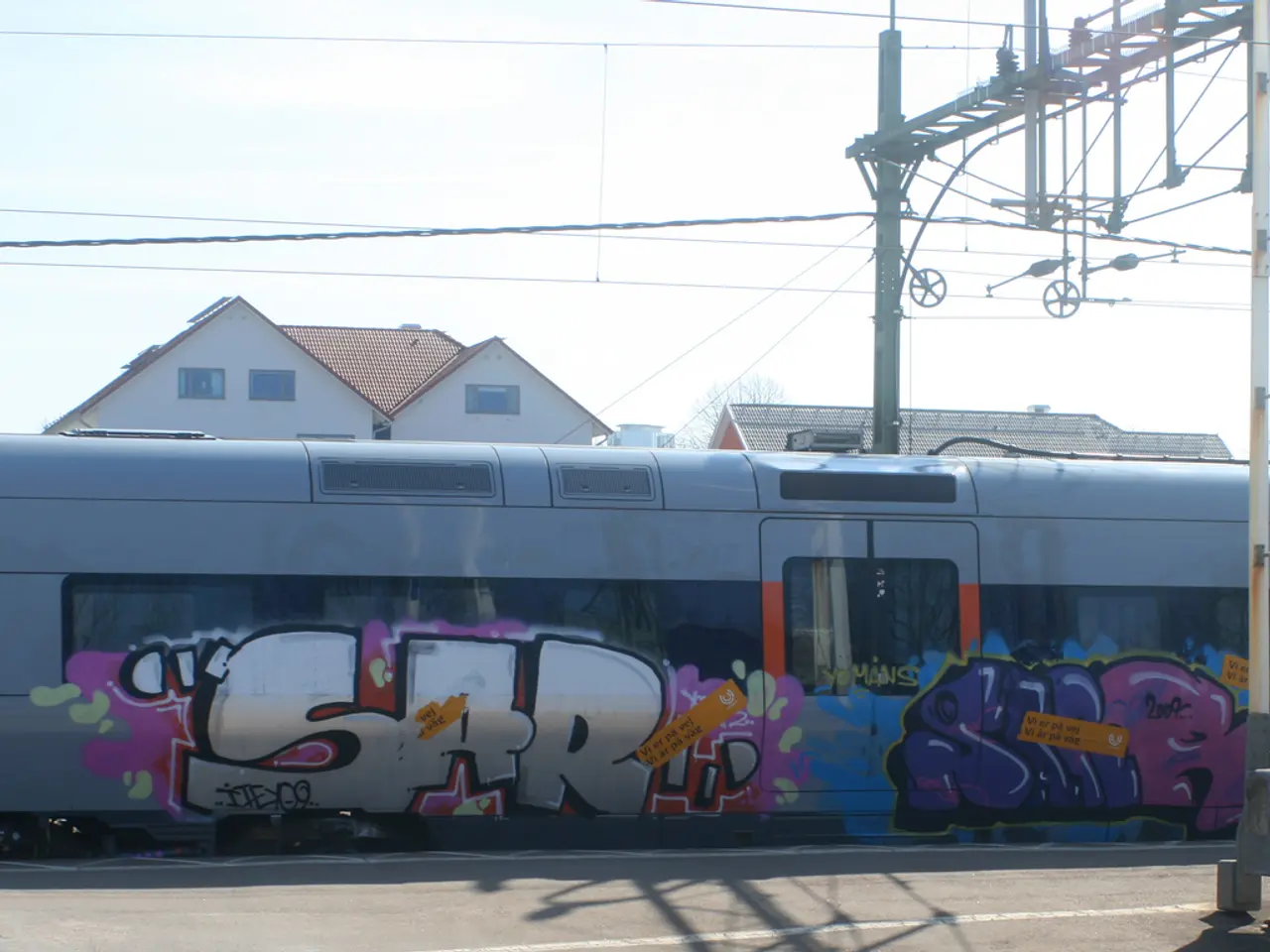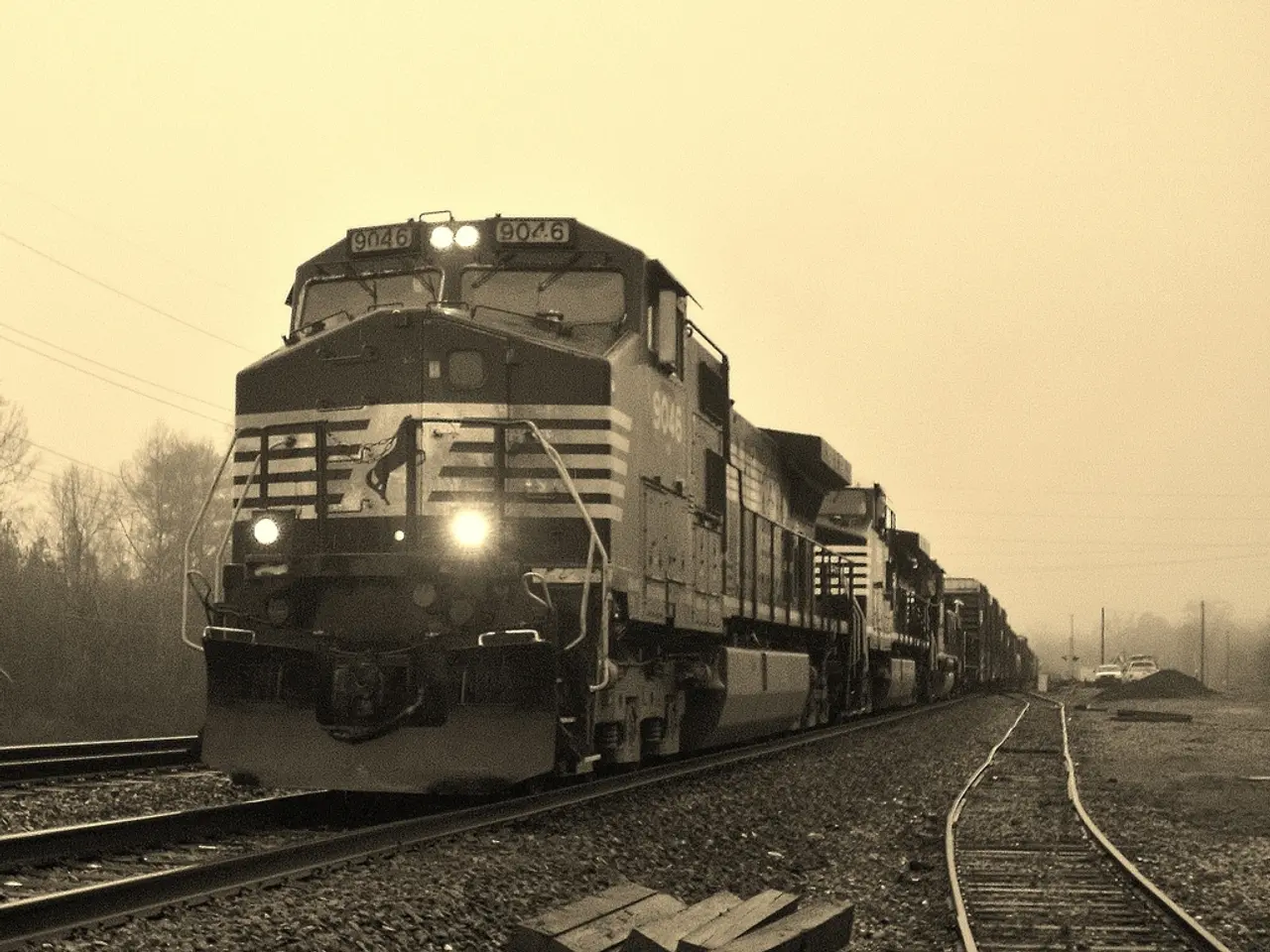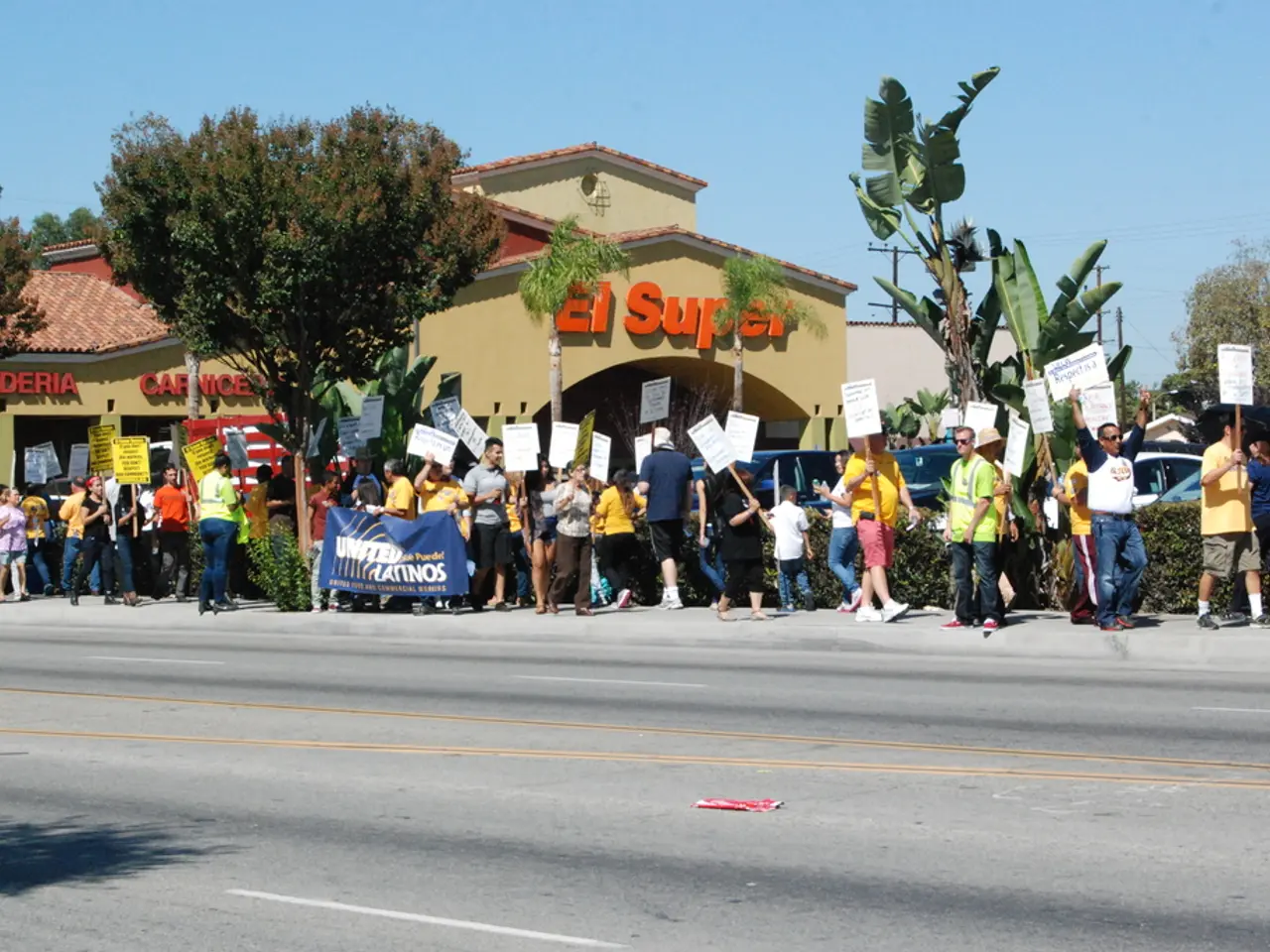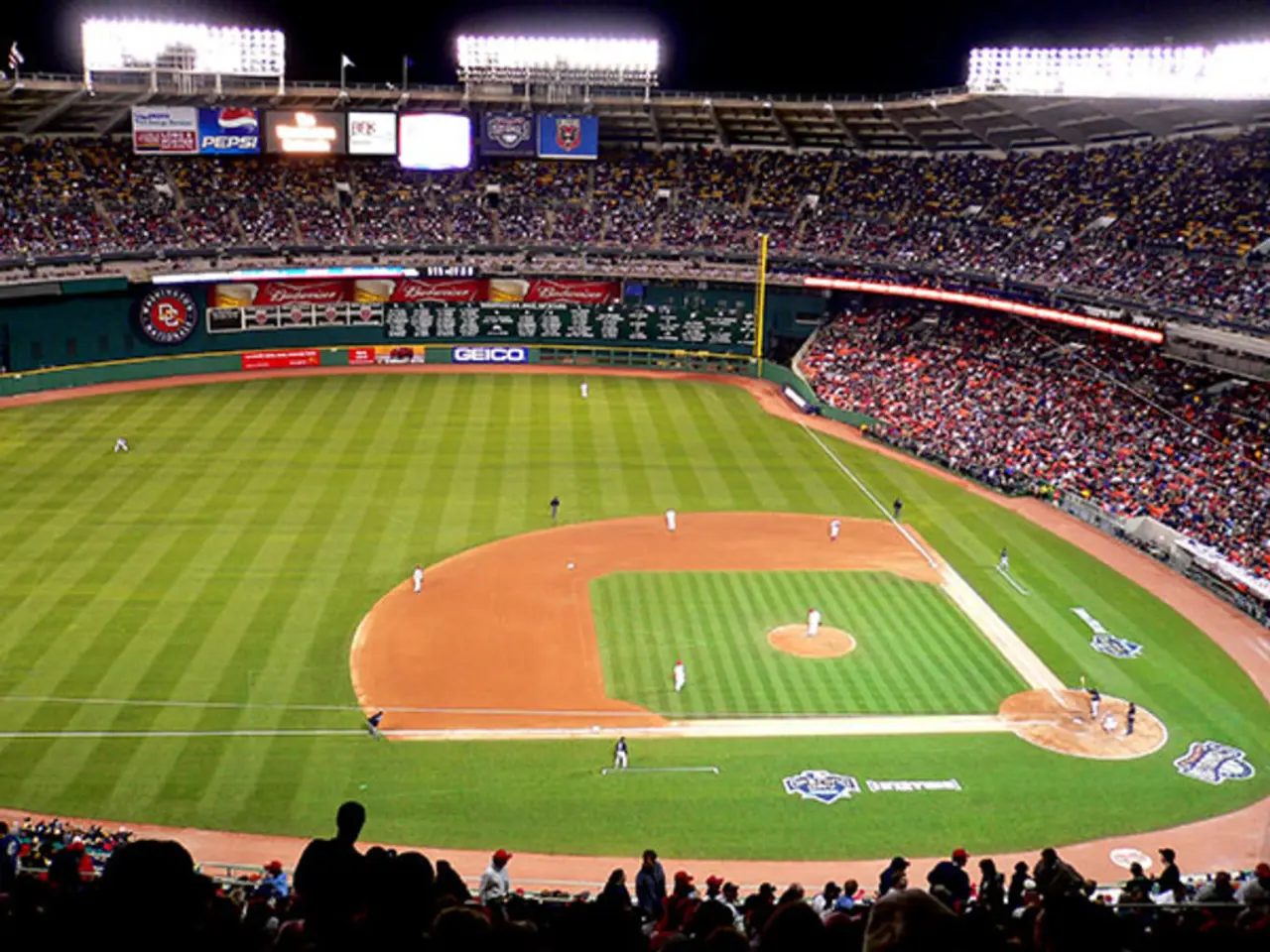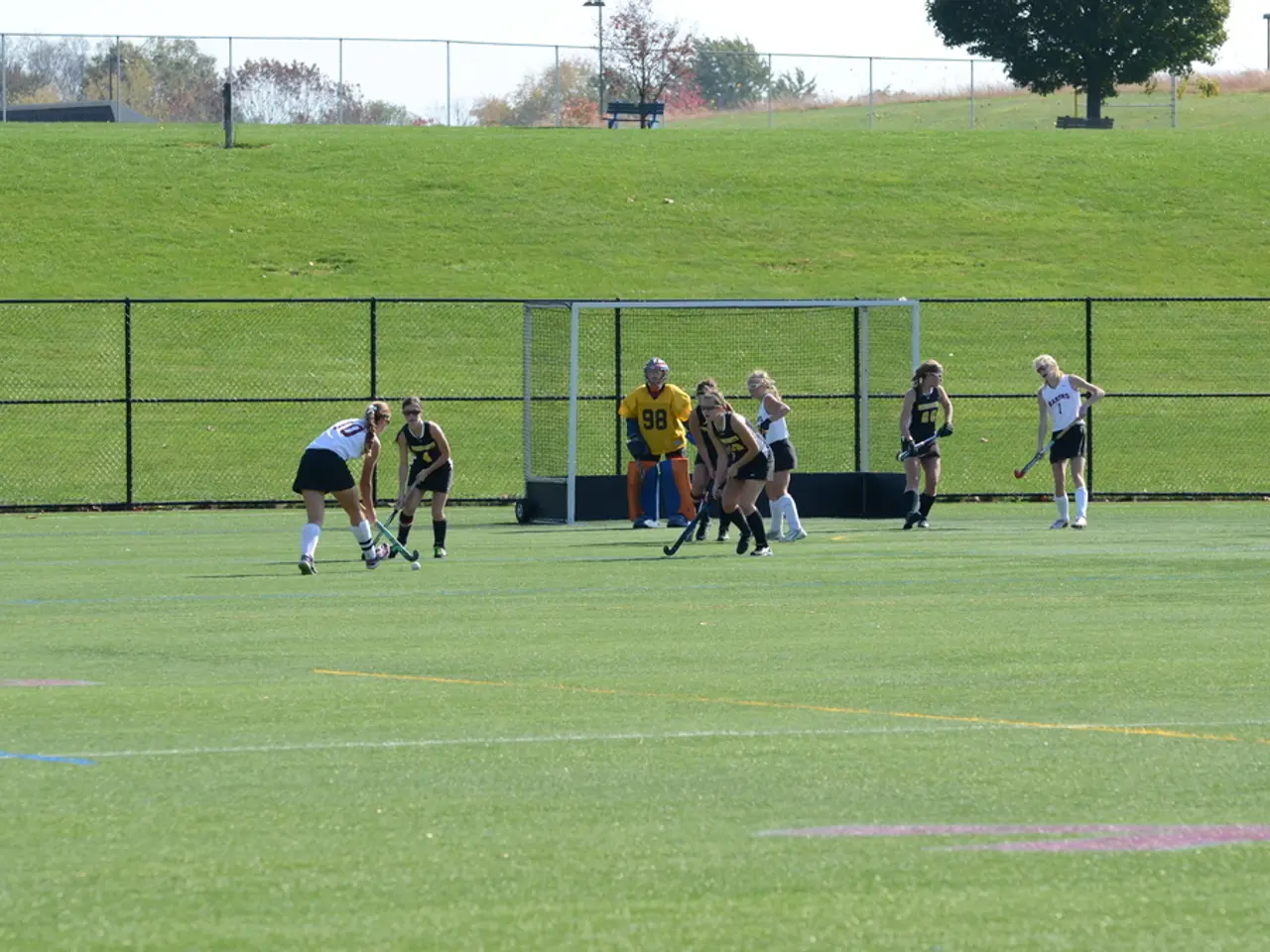Poland implements border controls with Germany
Poland has reinstated border controls with Germany and Lithuania starting July 7, 2025, in response to similar measures imposed by Germany amid concerns about irregular migration and the uncontrolled flow of migrants across these borders.
The primary reason for the controls is to prevent illegal smuggling of migrants and address the uncontrolled flow of migrants crossing from Germany into Poland. This move is seen as a reaction to Germany's own border restrictions, causing strain on the Schengen Area's freedom of movement.
The border controls specifically target buses, minibuses, cars with a large number of passengers, and vehicles with tinted windows, which are considered more likely to be involved in migrant smuggling. Ordinary travelers without suspicious circumstances "have nothing to fear," according to Poland’s Interior Minister Tomasz Siemoniak, indicating that routine border traffic should not face excessive disruption.
There are 52 checkpoints on the border with Germany and 13 on the border with Lithuania to enforce these controls. The checks are initially established for 30 days, from July 7 to August 5, 2025, but Polish authorities have not ruled out extending this period depending on the situation.
Germany has been conducting random checks at the border with Poland since October 2023 to stop irregular migration. Notably, trucks are not being controlled in the current Polish border checks. Travelers crossing the border with Germany must have an ID card or passport.
The controls are taking place at checkpoints, such as Krajnik Dolny, and are being carried out by a combined force of approximately 800 border guards, 300 police officers, 200 military police, and 500 members of voluntary homeland defense associations. Police officers and military police in police vests are conducting the checks.
The controls are aimed at those involved in the illegal smuggling of migrants across the border. Recently, Polish border guards arrested an Estonian citizen in the early morning hours at one of the Lithuanian border crossings for allegedly transporting four people who wanted to enter the country irregularly.
It's worth noting that rejections from Germany are a sensitive issue in Poland. German Interior Minister Alexander Dobrindt (CSU) has stated that asylum seekers can be rejected at the border in the future. However, the exact details of this policy are yet to be announced.
This development comes after German Interior Minister Alexander Dobrindt (CSU) ordered more intensive border controls shortly after the new federal government took office in May. The controls are scheduled to last until August 5, but the situation remains fluid, and further updates are expected in the coming weeks.
- The escalating border controls in Poland, focusing on buses, minibuses, cars with numerous passengers, and vehicles with tinted windows, are primarily aimed at preventing illegal migrant smuggling and addressing the uncontrolled flow of migrants, which aligns with the general-news and crime-and-justice sectors.
- In response to Germany's border restrictions, Poland has reinstated border controls that target vehicles suspected of migrant smuggling, reflecting a politically charged environment as rejections from Germany are a sensitive issue in Poland, thereby impacting the broader political landscape.
